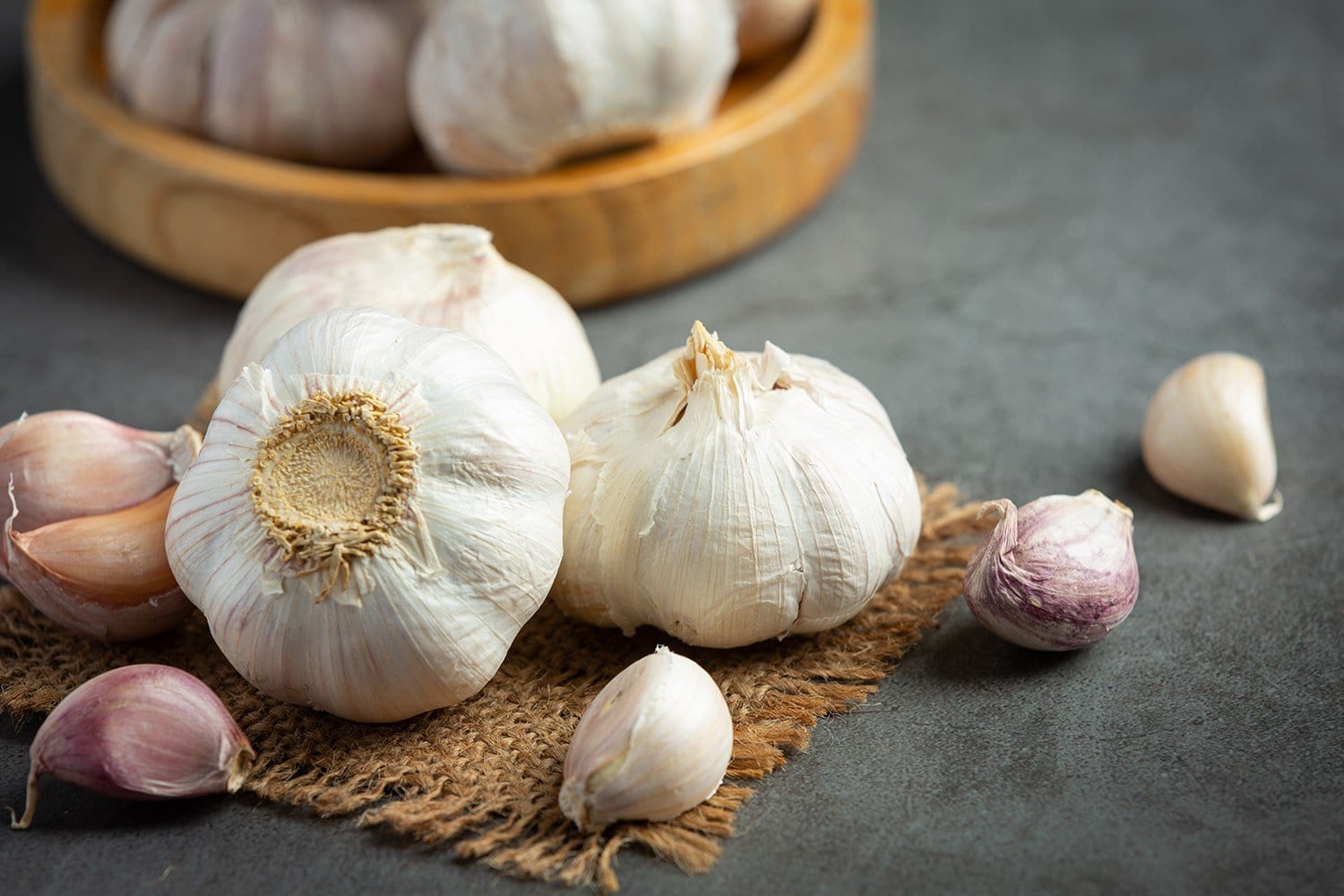Bacterial infections are one of the most common reasons why most people consult their doctors. If you have ever had a bacterial infection you know that it’s an extremely nasty infection that can banish you to bed for days. Bacteria are single-celled microorganisms.
Many types of bacteria are helpful and some of them even assist in the digestion of food and give the body some needed vitamins. However, there are others which make up about 1% of different types of bacteria that will make you sick. Some of the infections that are caused by bacteria include urinary tract infections, pneumonia, and meningitis.
The body’s immune system in most cases can kill the bacteria. The body’s white blood cells attack only those harmful bacteria. In cases when the body cannot cope with the infection, antibiotics are required. The usual treatment for bacterial infection is antibiotics. These medicines fight bacterial infections and can be effective when used properly. They either completely destroy the bacteria or stop them from reproducing.
However, overuse of antibiotics has created bacterial infections that are resistant to antibacterial medications. This bacterial resistance is a threat to everyone because it means that you can easily get an infection or spread it. The good news is that there are many foods that are available which work as natural antibiotics. These natural antibiotics will be effective for specific bacterial infections. For the more serious ones such as Tuberculosis, Meningitis and Typhoid you may use the natural antibiotics alongside the prescribed medicines. Here are the top 10 natural antibiotics.

1. Garlic
Garlic which is a member of the onion family has been proven to fight against bacterial infection. It is a common cooking ingredient that has been used for thousands of years. When cloves are chewed, crushed or cut, they release a sulfur compound called allicin. This compound is what gives garlic its characteristic scent and flavor as well as its therapeutic qualities. Allicin has similar qualities like penicillin. It is a powerful antimicrobial that the body does not appear to build up resistance to, as it does with other antibiotics.
Garlic is also known as “broad-spectrum antibacterial” which means that it can fight against many pathogens that attack the body. Apart from working as a natural antibiotic, garlic is also known to protect the heart disease by thinning the blood and lowering the cholesterol level. It is also a rich source of vitamins A and C, B-complex and minerals including selenium, iodine, potassium, iron, calcium, zinc and magnesium.
The functions of garlic are endless including working also as an anti-inflammatory, antiviral, anti-parasitic, anti-fungal and anti-oxidant. It can help individuals suffering from inflammation, colds and serious infections which are significantly reduced and/or even completely removed from the body.
The best way to take it is by eating cloves of garlic or extracting juice from it. You can eat 2 to 3 cloves per day or crush 1 clove of garlic and add it to your food at least twice a day. If you don’t like the taste then take a garlic capsule. The garlic supplements that are available in capsule form should only be taken after consulting your doctor.
